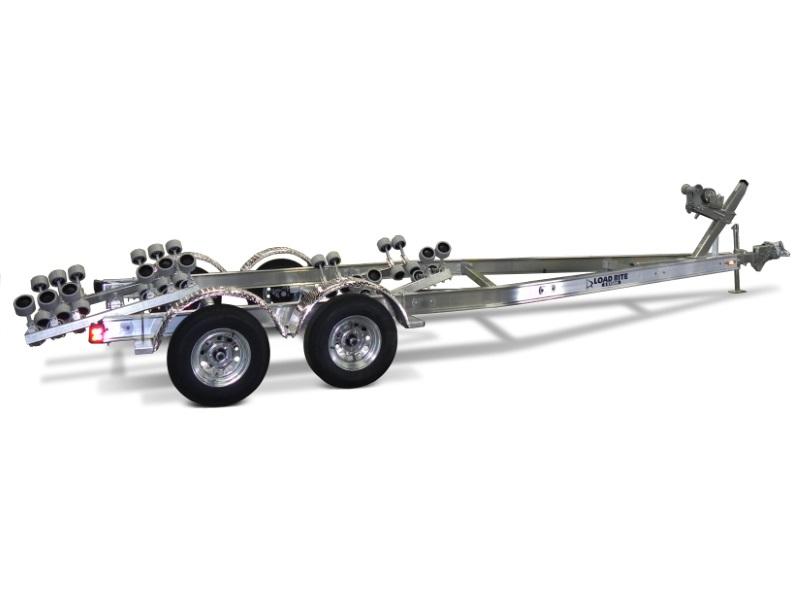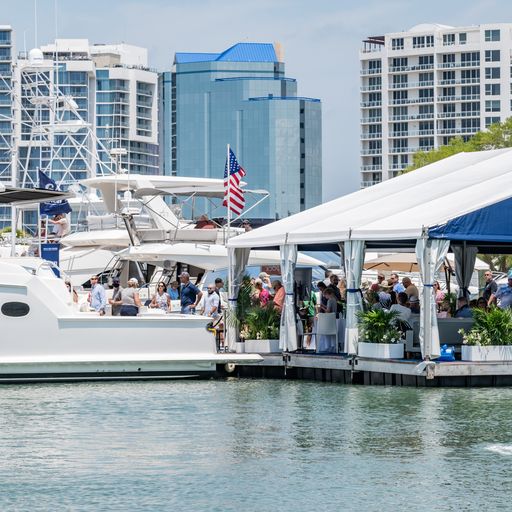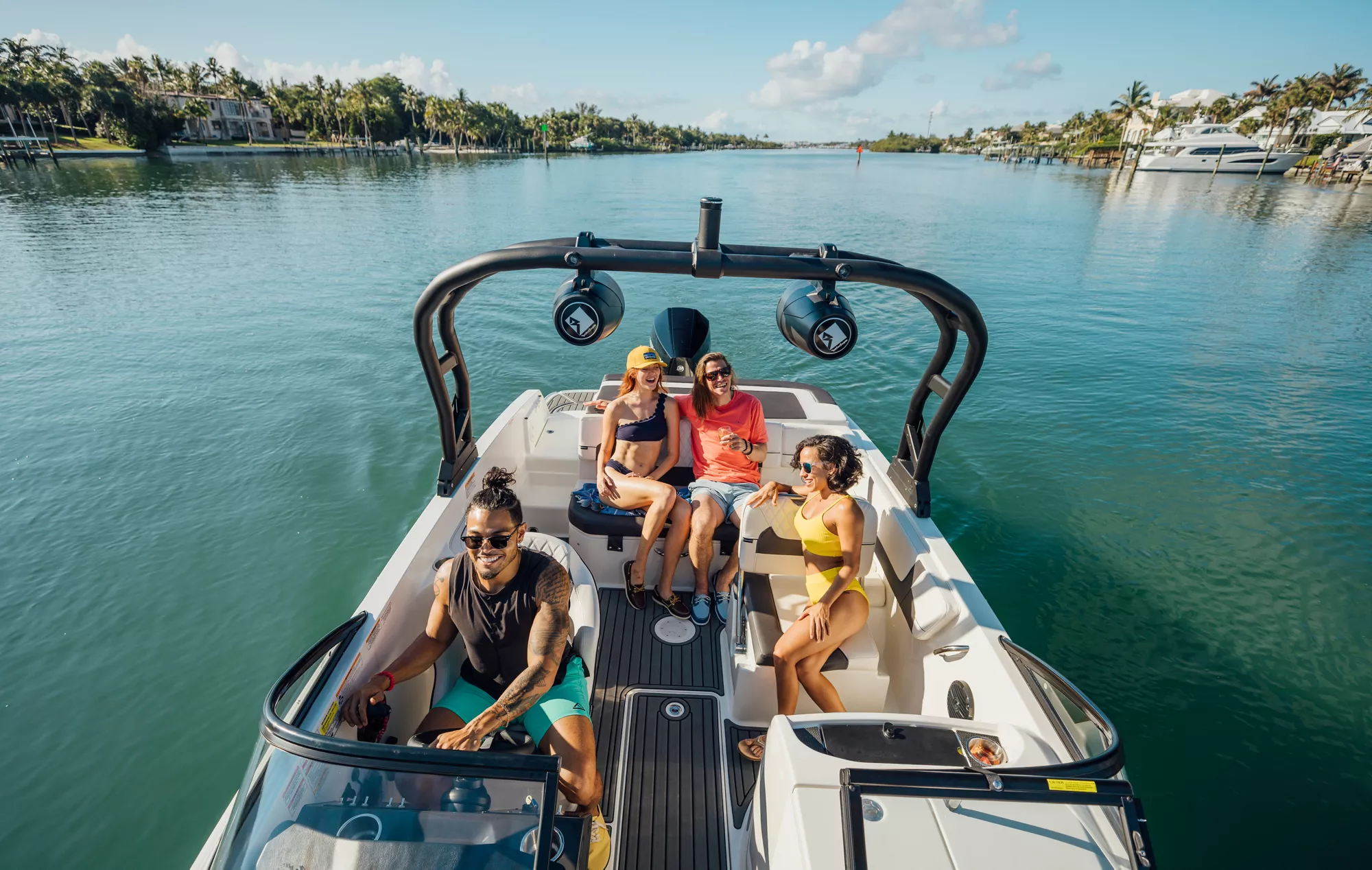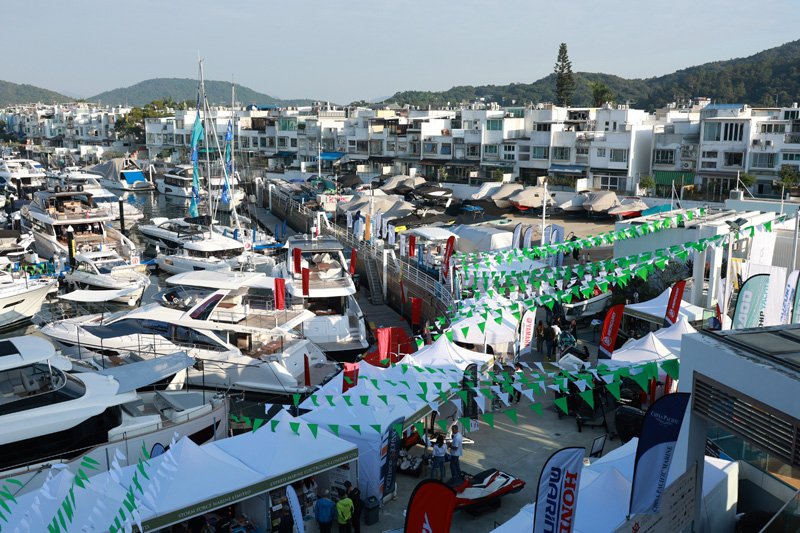Is living aboard a boat really a reasonable alternative to buying home
In the salad days of my reckless youth, I found myself sizing up a dilapidated homestead, a veritable train wreck of a domicile. Picture this -- it was a charming little abomination, miles from anything resembling a sea breeze, and possessing all the architectural appeal of a Soviet era block house. Fun? This place wouldn’t know fun if it fell from the sky, hit it in the head, and did the Macarena.
By some divine intervention, I found myself drowning my disillusion at the local marina, when I eavesdropped on the lament of an old sea dog. His days of maritime frolic were coming to a close; the siren call of familial duty was too much, and he was trading his salty trawler for the sterility of landlubber life with his offspring.
That's when it hit me, like a seagull dropping its catch straight onto my forehead. The sweet melody of life at sea began to serenade my imagination. This wasn't just about an alternative living situation; it was a love affair waiting to blossom, an affair with nautical life. Here, I thought, was an existence not only worth exploring but seducing, an affair as effervescent and intoxicating as a fine bottle of champagne. Because why strive for a picket-fence dream when you can have the whole damn ocean?
Living aboard a boat offers a unique lifestyle, combining a sense of freedom and adventure with the practicality of a comfortable living space. As people search for more affordable and sustainable ways to live, the idea of transitioning to a life on the water becomes increasingly appealing. However, it's important to consider the various costs and challenges associated with this lifestyle before diving in to ensure a smooth transition.
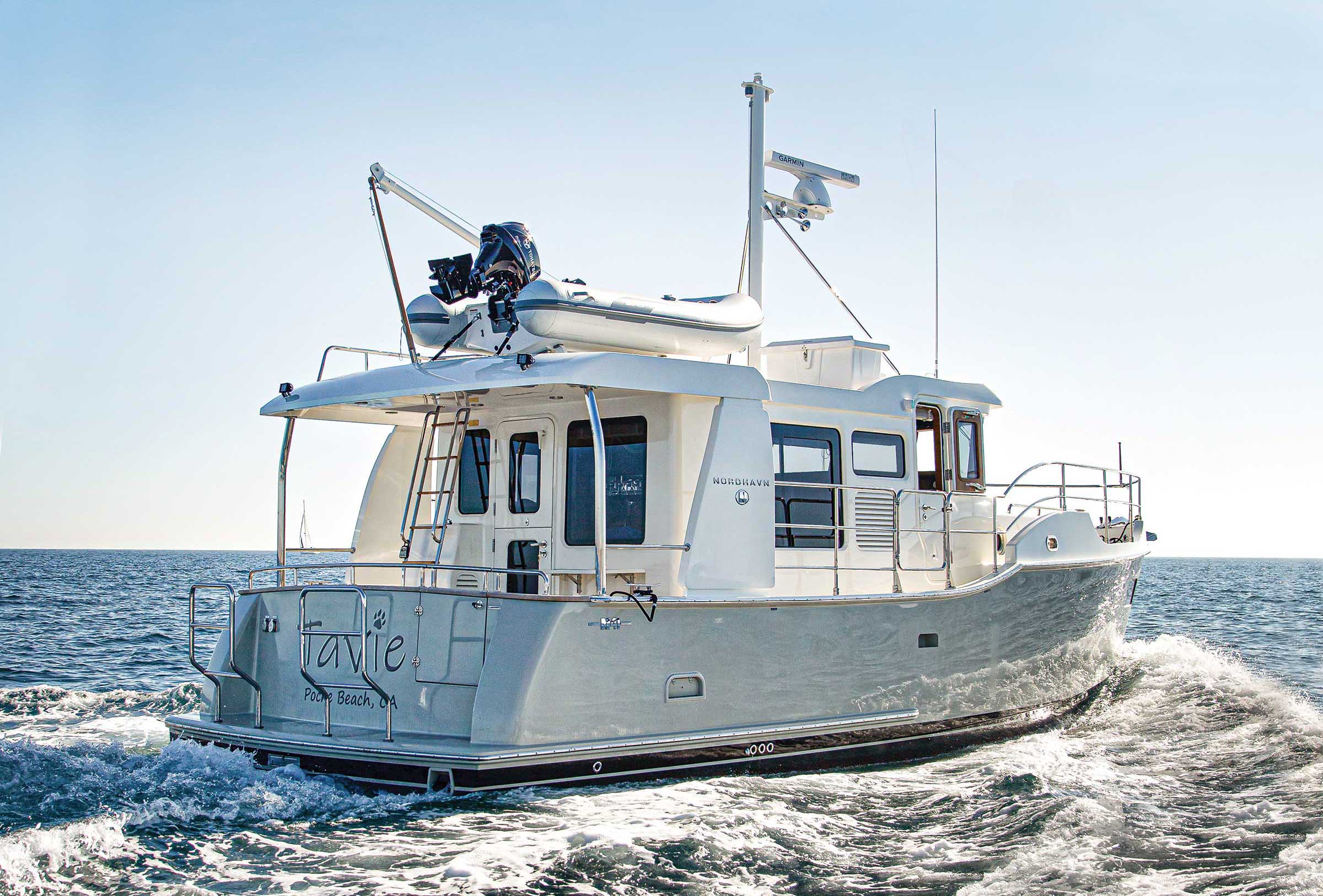
Why Consider Living Aboard a Boat
Alternative Lifestyle
Living aboard a boat offers a unique and alternative lifestyle that can be both exciting and fulfilling. It attracts a diverse group of people, including artists, musicians, and engineers, resulting in a vibrant and interesting community of neighbors Waterborne. This way of life provides a sense of freedom and adventure that is hard to find in traditional living situations, allowing you to escape city noise, explore new destinations, and immerse in nature.
Saving Money
Contrary to popular belief, living aboard a boat has the potential to be more affordable than living in a house. While you will still need to budget for boat mortgage payments, slip fees, insurance, and other expenses BoatTEST, you may save money on utilities, property taxes, and maintenance costs associated with homeownership. However, it is important to remember that the costs of living aboard may vary greatly depending on factors like the type of boat, local marina fees, and personal lifestyle choices.
Views and Leisure
One of the biggest benefits of living aboard a boat is the access to breathtaking and ever-changing views. Wake up to the sunrise over the water, take in beautiful sunsets, and enjoy the tranquility of your surroundings without the need for expensive vacations. Living on a boat also brings you closer to leisure activities like sailing, fishing, snorkeling, or scuba diving. Additionally, you have the opportunity to explore various coastal towns, marinas, and secluded anchorages, making your home even more enjoyable and exciting.
Remember to consider factors like maintenance, space limitations, and the need for basic plumbing, electrical, and mechanical skills before deciding to live aboard a boat Discover Boating. Overall, the liveaboard lifestyle offers a unique experience full of adventure, freedom, and beautiful views that may prove to be an excellent alternative to homeownership for some individuals.

Types of Boats for Living Aboard
When considering living aboard a boat as an alternative to a home, there are several types of boats that can be suited for this lifestyle. Each boat type comes with its own advantages and drawbacks, and the choice will depend on personal preferences and needs. In this section, we will explore three popular types of boats for living aboard: sailboat, houseboat, and motor boats.
Sailboat
Sailboats are a popular choice for those who seek adventure, self-reliance, and a connection with nature. They can range in size from small vessels suitable for one or two people, to large, luxurious yachts capable of accommodating families. Some of the benefits of living aboard a sailboat include:
- Mobility and adventure: Sailboats allow you to explore new destinations while living aboard your home.
- Self-reliance: Sailing often requires developing practical skills such as navigation, weather prediction, and boat maintenance.
- Lower fuel costs: Sailboats primarily rely on wind power, reducing fuel costs.
However, there can be some drawbacks to living aboard a sailboat:
- Limited space: Sailboats often have compact living quarters with limited headroom and storage space.
- Sailing skills: Living aboard a sailboat requires time and practice to develop necessary sailing skills.
- Frequent maintenance: Saltwater environments can cause wear and corrosion on boat parts, requiring regular maintenance.
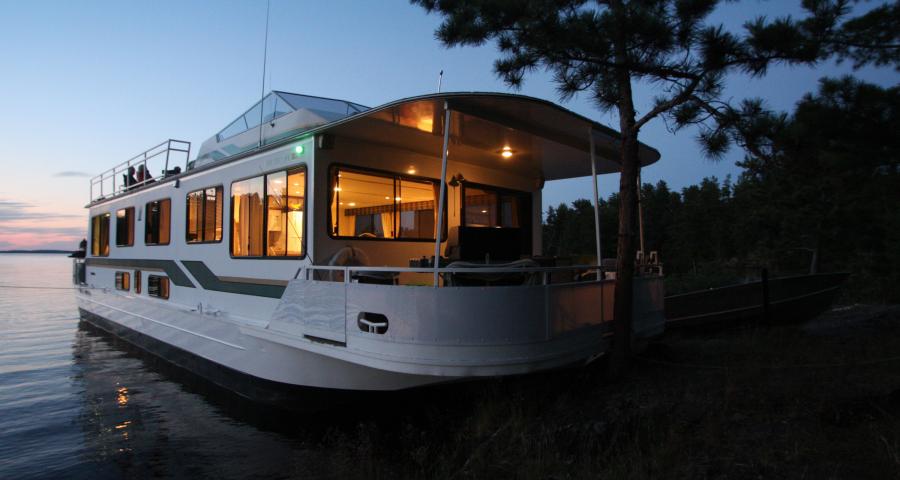
Houseboat
Houseboats are specifically designed for comfortable living aboard and can be found in many sizes and configurations. They often resemble a traditional home, offering more space and amenities compared to other types of boats. The benefits of living aboard a houseboat include:
- Ample living space: Houseboats typically feature multiple rooms, spacious interiors, and ample storage space.
- Creature comforts: Houseboats are designed to feel like a traditional home, with amenities such as full kitchens, bathrooms, and air conditioning.
- Stability: Houseboats are often more stable than sailboats or motor boats, providing a steadier living environment.
However, there can be some drawbacks to living aboard a houseboat:
- Limited mobility: Houseboats tend to be slower-moving and less suitable for long-distance travel or ocean crossings.
- Docking fees: Houseboats often require a slip in a marina, which can result in higher docking fees compared to other boat types.

Motor Boats
Motor boats, such as cabin cruisers and motor yachts, provide a comfortable and convenient option for living aboard. Providing more space per foot than most vessels, motor boats can be an attractive choice for those who value spacious living quarters and modern amenities. Some benefits of living aboard a motor boat include:
- Speed and mobility: Motor boats allow for faster travel and greater mobility compared to sailboats and houseboats.
- Living space: Cabin cruisers and motor yachts usually have multiple levels and ample headroom, providing more living space per foot than other boat types.
Drawbacks of living aboard a motor boat can include:
- Higher fuel costs: Motor boats rely on gas or diesel engines, resulting in higher fuel costs compared to sailboats.
- Boat mortgage payment: The cost of motor boats can be significant, and buyers may need to take out a loan to finance the purchase.
Each of these boat types offers a unique living aboard experience, and the decision ultimately comes down to personal preferences, budget, and lifestyle goals.
Cost of Living Aboard a Boat
Sale or Rent
Purchasing a boat or renting one to live aboard can vary significantly in cost. Depending on the size, type, and age of the vessel, the initial investment can range from several thousand dollars to over a million. If you opt to rent, monthly costs can also vary, with some liveaboards paying between $1,500-$3,500 per month. It's crucial to research your options and set a budget before committing to living aboard a boat.
Maintenance and Upkeep
Boat maintenance and upkeep are essential for ensuring a comfortable and safe living environment, but these tasks can also add to the cost of living aboard. Regular maintenance, such as cleaning, painting, and replacing worn parts, must be factored into your budget. Buying a used boat might lower the initial cost but be prepared for potential higher maintenance costs due to the vessel's age. Additionally, living on a boat means dealing with other expenses, such as waste management, gas, and water. To manage these expenses effectively, create a budget that covers boat costs and provision costs.
Boat Insurance
Boat insurance is necessary for anyone living aboard a boat, as it protects you from potential financial losses due to damage or accidents. The cost of boat insurance will depend on various factors, such as the boat's size, value, and location, with some insurance policies being as expensive as house insurance. Nevertheless, other costs associated with boat living, like property taxes and utilities, may be lower than those of a traditional home, as you'll likely use less electricity and fewer resources.
In summary, living aboard a boat can be a viable alternative to a traditional home, but one must be prepared for the costs and responsibilities that come with boat ownership. Planning and budgeting accordingly can help ensure a smooth sailing experience and a comfortable life on the water.

Daily Life on a Boat
Organization and Downsizing
Living aboard a boat requires a well-organized space and the ability to downsize belongings. Boat dwellers must be prepared to declutter items such as kitchen gadgets, tools, and clothing. It's crucial to keep winter clothes in off-boat storage and have business attire at the office, if possible. Boat dwellers should also be strategic about utilizing storage spaces on the boat for various items.
Cleaning and Waxing
Maintaining cleanliness is an essential part of daily life on a boat. Boat residents need to be prepared to combat mildew and condensation, which are both common issues aboard boats. This means having a good set of cleaning supplies and incorporating regular cleaning routines. Additionally, boat surfaces require waxing to prevent discoloration and damage caused by environmental factors like sun, salt, and water.
Laundry and Electricity
Living on a boat involves getting creative with handling laundry and electricity. Laundry can be done at marina laundromats or nearby facilities, depending on where the boat is docked. Boat dwellers should also learn how to conserve electricity due to potential restrictions on the boat's electrical capacity. Efficient use of electricity includes using energy-efficient appliances, LED lighting, and minimizing the use of electrical devices whenever possible.
Weather Challenges
Weather is a significant factor to consider when living aboard a boat. Boat residents must always be prepared for weather-related challenges such as storms, strong winds, and extreme temperatures. This involves monitoring the weather forecasts, securing the boat to avoid damage, and having contingency plans in case severe weather conditions force temporary relocation. Being prepared for weather challenges ensures the safety and comfort of those who choose to make a boat their home.
Living on the Water in San Francisco
Local Regulations
Living aboard a boat in San Francisco has been a popular alternative to traditional housing for decades, especially given the high cost of living in the region. However, there are local regulations in place that impact those who choose this lifestyle. Boaters must be aware of designated anchorages and mooring areas before settling on a spot to prevent violations and potential fines. Additionally, some areas have experienced increased enforcement, with officials cracking down on vessels classified as "marine debris," leading to removal or demolition of numerous boats in locations such as the Oakland Estuary.
Cost and Availability
While living on a boat may offer a lower cost of living compared to San Francisco's rigid housing market, the cost of living aboard a boat can vary greatly depending on the marina and its amenities. Some liveaboard marinas in popular cities may charge up to $1,000 per month, while smaller marinas in less populated areas might only charge around $150 per month. It is crucial to check availability and any additional costs related to insurance, maintenance, and utilities before deciding to live aboard a boat in San Francisco.
Weather and Views
San Francisco is famous for its iconic landmarks, such as the Golden Gate Bridge, Alcatraz Island, and beautiful waterfront views. Living on the water in San Francisco allows residents the opportunity to enjoy these stunning views. The weather in the area is relatively mild but can be quite foggy and windy at times due to the influence of the Pacific Ocean. Boaters living aboard in San Francisco should consider the local climate and prepare their vessel for various weather conditions, including outfitting their boats with heating systems, sufficient insulation, and adequate safety equipment for navigating the bay's waters.
Charlie is Editor-in-Chief of Sea Magazine

